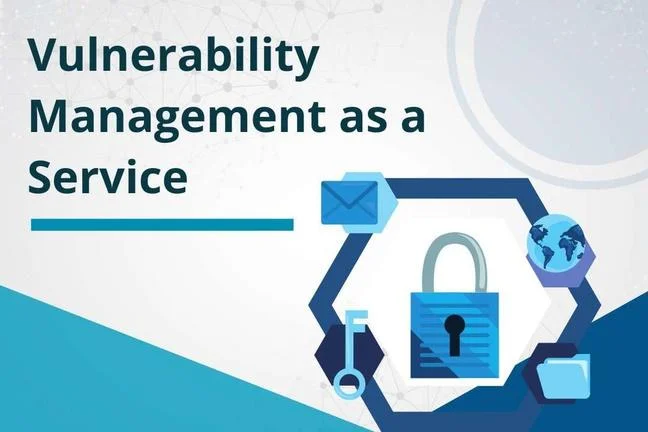Description
Introduction of Cloud for Safeguarding Sensitive Information
This training focuses on the critical aspects of its environments, teaching participants how to safeguard sensitive information using advanced security practices. As businesses increasingly migrate to the cloud, protecting data at rest, in transit, and in use is paramount. This Cloud for Safeguarding Sensitive Information course covers key areas such as encryption, identity management, compliance with data protection laws, and secure data storage strategies. By the end of this Cloud for Safeguarding Sensitive Information training, participants will be able to implement robust data protection measures and mitigate the risk of data breaches in cloud infrastructures.
Prerequisites
- A basic understanding of cloud computing concepts.
- Familiarity with fundamental security principles (encryption, IAM, network security).
- Experience with cloud platforms (AWS, Azure, Google Cloud) is helpful but not mandatory.
- A general awareness of compliance regulations such as GDPR, HIPAA, or CCPA.
Table of Contents
- Introduction
1.1 The Importance of its Environments
1.2 Overview of Cloud Data Security Challenges
1.3 Data Lifecycle in the Cloud: Creation, Storage, Usage, and Deletion
1.4 Shared Responsibility Model for Data Protection
1.5 Key Data Protection Concepts: Confidentiality, Integrity, and Availability - Data Classification and Sensitivity Levels
2.1 Identifying and Classifying Sensitive Data
2.2 Understanding Data Sensitivity Levels (Public, Confidential, Restricted)
2.3 Implementing Data Classification in Cloud Environments
2.4 Data Discovery and Labeling Tools in AWS, Azure, and Google Cloud
2.5 Best Practices for Data Classification in Multi-Cloud Environments - Data Encryption and Key Management
3.1 Understanding Encryption at Rest and In Transit
3.2 Cloud Encryption Services: AWS KMS, Azure Key Vault, Google Cloud KMS
3.3 Symmetric vs. Asymmetric Encryption Techniques
3.4 Encryption Best Practices for Cloud Storage and Databases
3.5 Key Management Best Practices for Cloud Data Protection - Identity and Access Management (IAM) for Data Protection
4.1 IAM Role in Securing Access to Sensitive Data(Ref: Identity and Access Management (IAM) in Cloud Environments)
4.2 Implementing Role-Based Access Control (RBAC) and Policies
4.3 Multi-Factor Authentication (MFA) for Data Access
4.4 Data Access Auditing and Monitoring in AWS, Azure, and Google Cloud
4.5 Best Practices for Securing Data Access with IAM - Secure Cloud Storage and Database Security
5.1 Securing Cloud Storage: S3 Buckets (AWS), Blob Storage (Azure), Cloud Storage (Google Cloud)
5.2 Database Security in the Cloud: AWS RDS, Azure SQL Database, Google Cloud SQL
5.3 Configuring Access Controls and Encryption for Cloud Databases
5.4 Implementing Backup and Recovery Solutions for Sensitive Data
5.5 Best Practices for Securing Cloud Storage and Databases - Data Loss Prevention (DLP) Strategies in the Cloud
6.1 Overview of Data Loss Prevention in Cloud Environments
6.2 DLP Tools and Services: AWS Macie, Azure Information Protection, Google DLP API
6.3 Configuring DLP Policies and Monitoring Sensitive Data
6.4 Responding to Data Loss Incidents in the Cloud
6.5 Best Practices for Implementing DLP in Multi-Cloud Architectures - Cloud Compliance and Data Privacy Regulations
7.1 Key Data Protection Laws and Regulations: GDPR, HIPAA, CCPA, PCI-DSS
7.2 Achieving Compliance with Cloud Data Protection Requirements
7.3 Auditing Cloud Environments for Data Privacy Compliance
7.4 Implementing Privacy by Design in Cloud Architectures
7.5 Best Practices for Maintaining Compliance in Multi-Cloud Environments - Data Protection Best Practices and Future Trends
8.1 Best Practices for Securing Sensitive Information in the Cloud
8.2 Data Protection in DevOps: Integrating Security into Development Pipelines
8.3 The Role of AI and Machine Learning in Data Protection
8.4 Preparing for Future Data Protection Challenges in the Cloud (e.g., Quantum-Safe Encryption)
8.5 Course Recap and Final Q&A







Reviews
There are no reviews yet.